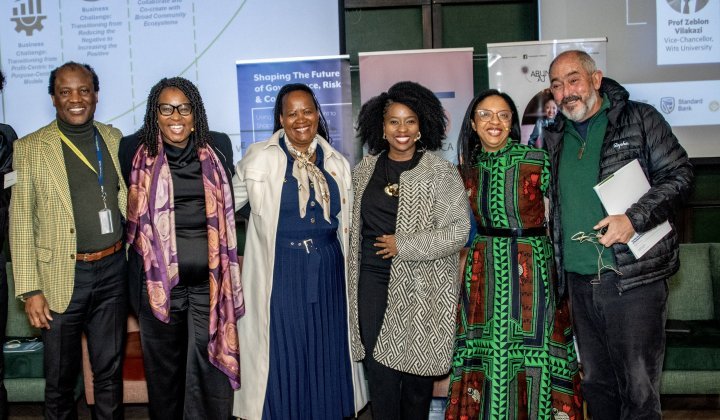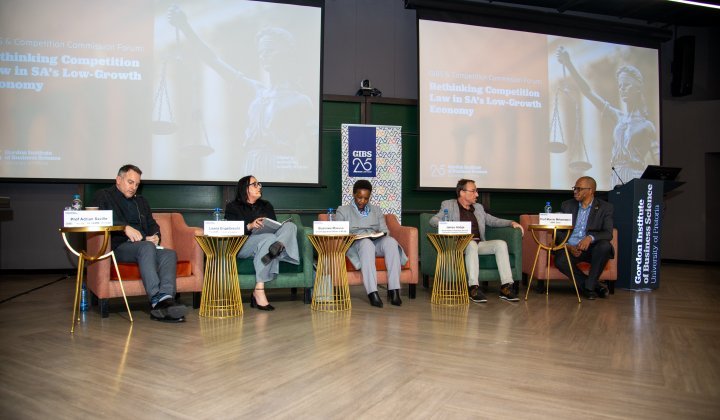“The private and public sector, working together under the right governance structures, represents the best prospect of success in our country. Provided of course, that we continue to hold government to account,” Stravos Nicolaou, group senior executive of strategic trade at Aspen Pharma Group said.
Speaking at a conference hosted by Truth Consulting and the Centre for African Management and Markets (CAMM) at GIBS, Nicolaou said Business Unity South Africa was currently working with the South African government on issues of energy security, infrastructure and logistics, and crime and corruption, providing “expertise, skills know-how, capacity and capability to support government.”
Founding director of the CAMM at GIBS, Prof. Adrian Saville, said South Africa is a country that “walks on a knife edge”.
“There is no example of a country that has become successful with just the private sector or just the public sector,” he argued. “It has to be done together. It demands a cohesive and successful collaboration.”
Chairperson of the National Property Practitioners Council and national chair of the newly established political party Rise Mzansi, Vuyiswa Ramokgopa argued that capacity is a euphemism for leadership.
“Every single one of us who considers ourselves capable cannot just stand on the sidelines and comment and reflect but must actually be willing to do the work. It goes beyond sitting across the table and simply talking about business capacitating the state, we must get the most capable to be willing to lead in the public sector and in politics.”
Societal polarisation
Chief Executive Officer of property group Attacq Jackie Van Niekerk said the recent Edelman Trust Barometer report named South Africa as one of the most polarised countries in the world. “That is a very dangerous place to be,” she said.
The deputy governor of the South African Reserve Bank, Fundi Tshazibana, explained the Bank rated South Africa’s potential growth at zero. “There are some critical decisions that we have to make around education and collaboration between business and government to unlock whatever the bottlenecks exist.”
Isaah Mhlanga, chief economist and head of research at Rand Merchant Bank, said there is a 70% probability that South Africa will experience an Arab Spring-type event. “We have been on a knife edge for too long, and we need business to always hold government accountable, not in times of crisis alone.”




